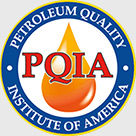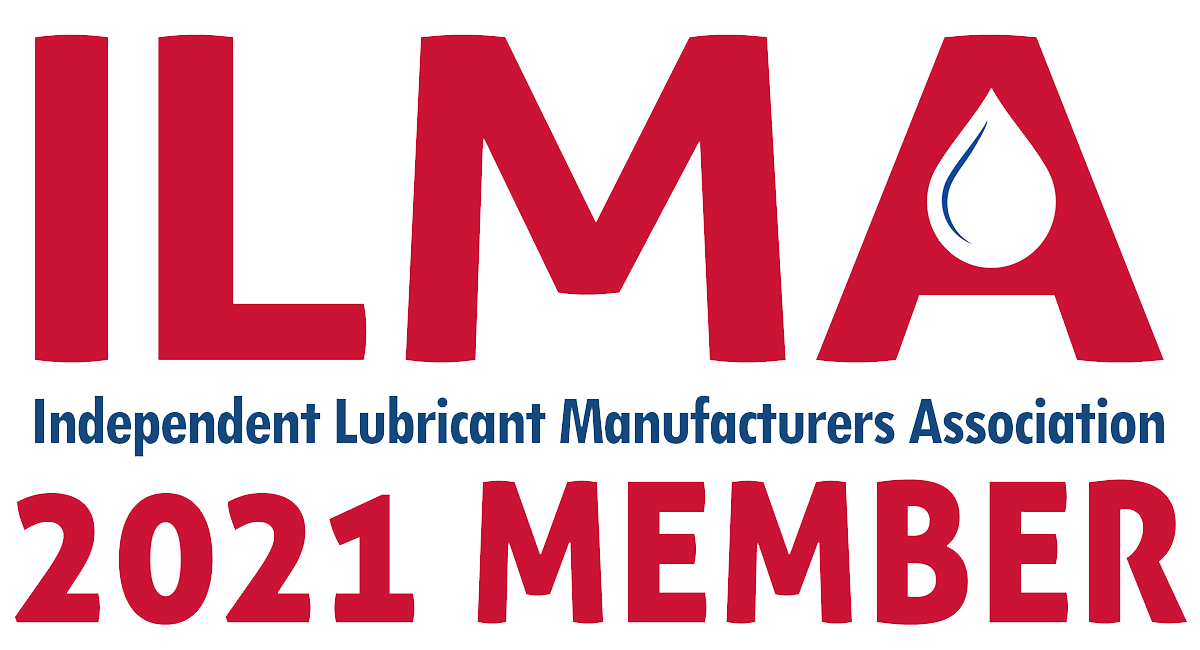 The shale and natural gas industry is booming, but companies both large and small still have their fair share of problems to solve as it continues to grow.
The shale and natural gas industry is booming, but companies both large and small still have their fair share of problems to solve as it continues to grow.
Modern technology is reducing cost and time to complete for drilling, while large shale plays like the Permian Basin have a glut of supply. But experts say that glut has led to a significant amount debt financed operations trying to get in on a burgeoning market.
“It’s doing well if you look at supply and market share,” David Victor, Ph.D. and Co-Director of the Laboratory on International Law and Regulation at UC San Diego, said. “If you look at finance, it’s a little uneven. The technological improvements have been enormous, but competition has been intense and a lot of these are debt financed companies. There is a lot of hemming and hawing inside the industry right now as to who is going to survive, what consolidation is going to look like and how debt service is going to be met.”
Related: Survey Shows Concern For Potential Skills Crisis
In addition to financial challenges, the industry must also contend with environmental issues. While natural gas is generally regarded as cleaner than some types of energy, like coal, it still has its detractors. Larger companies have taken steps to reduce their footprint, but many smaller companies have not done so. This can partially be attributed to debt financing, as many of these independent companies don’t have a reason to plan for a future that may not happen.
“The industry in the United States, especially the independents, seem to have a shorter time horizon than the integrated larger companies about the elements of their policy,” Victor said. “From their point of view, they have been either ignoring policy or they have subscribed to the policy that gas is good for climate because it competes with coal and lowers emissions. That’s true for shallow decarbonization, but it’s not for deep decarbonization.”
Victor said shale and natural gas companies planning for the future need to start with controlling their environmental footprint. He called out the industry’s methane emissions as the biggest hurdle to clear.
“One of the things companies can do is get more involved in understanding how they can lower their environmental footprint while still using gas,” Victor said. “That is why the efforts around methane control are so important. They are about identifying the parts of the gas system that will be easy to control and have a big impact. That hasn’t spread throughout the industry, particularly with the independents.”
Many of the challenges the industry faces are more conceptual than practical, which make them difficult to prepare for.
“Some of this is very hard to prepare for because its very existential,” Victor said. “If you don’t have a pipeline network or rules that prohibit the use of gas, you don’t have an industry. People are going to need to work hard to change the way the policy process looks at gas.”
With so many debt financed small companies in the mix, Victor said the larger, more stable companies are going to have to take the lead when it comes to charting a course for the future of the industry. He also said the work of the Oil and Gas Climate Initiative (OGCI) was critical
“Transformation in the industry is going to be a 10 to 20 year phenomena,” Victor said. “In some cases I can understand where the independents are coming from, especially if you have debt service maturing in the next two years. The companies that have a longer time horizon are going to have to lead on this. That’s why initiatives like OGCI are so important because they are trying to demonstrate what exactly we are doing.”




